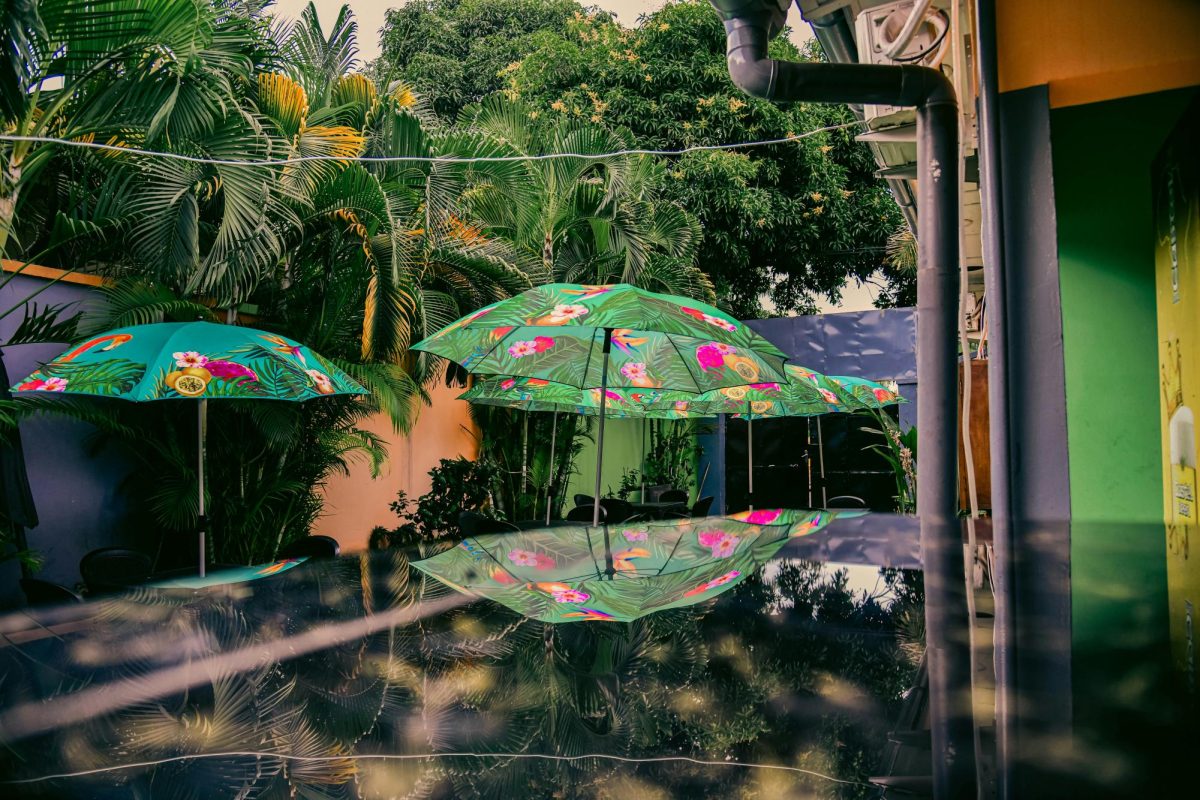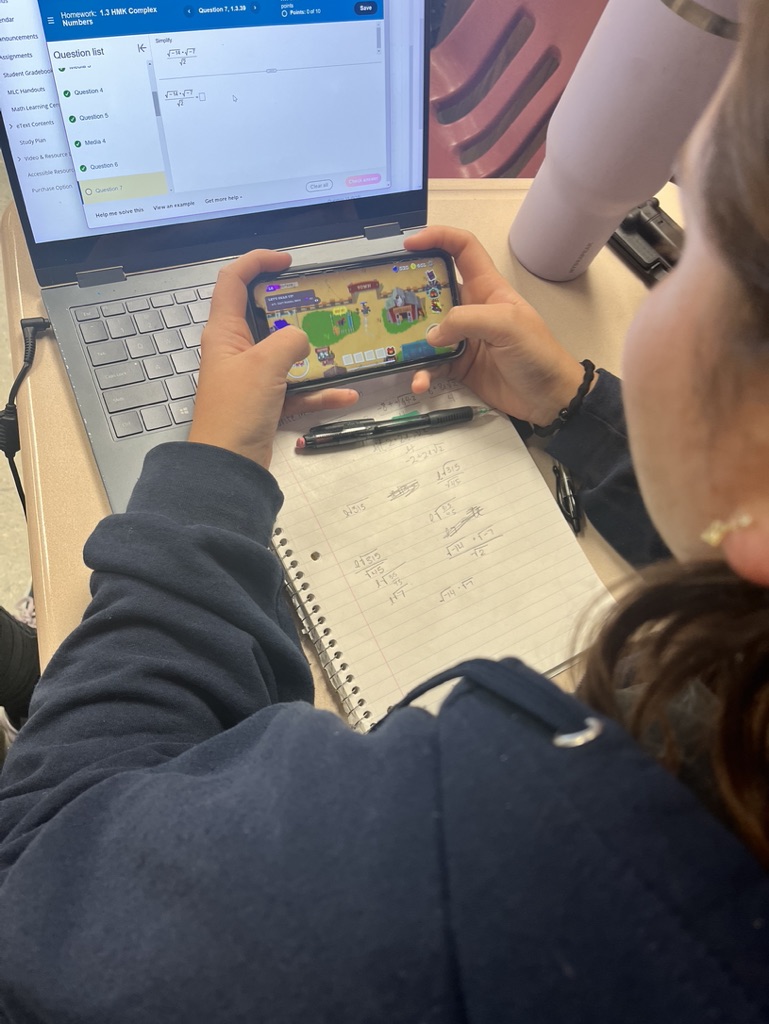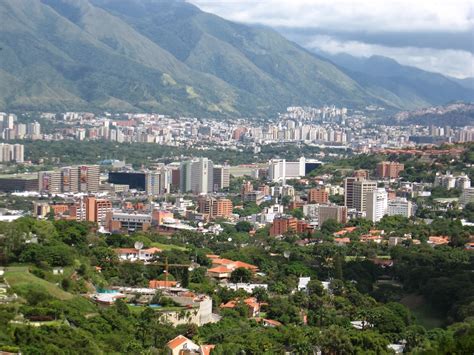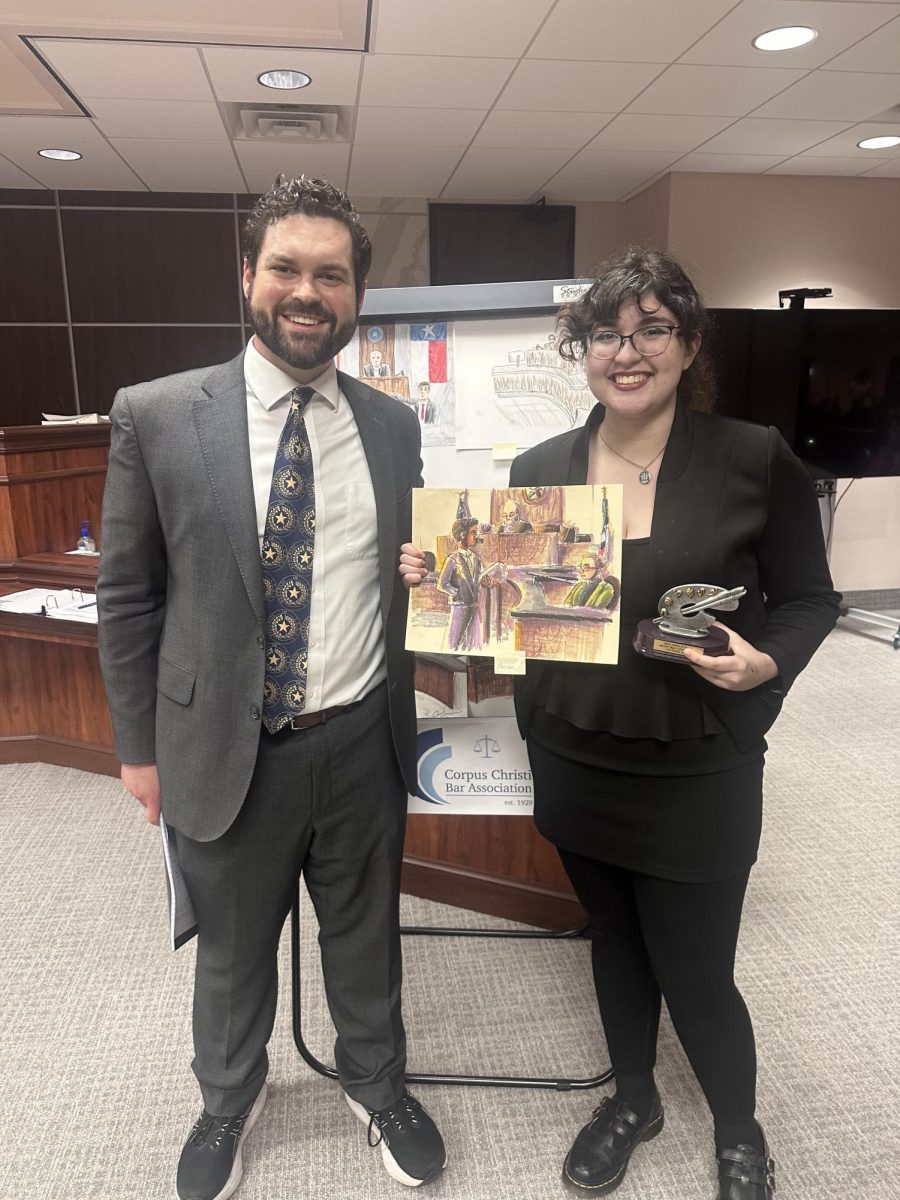CORPUS CHRISTI, TEXAS— In Central Africa lies the Democratic Republic of Congo (DRC), a nation that holds the weight of a global dilemma, cobalt mining. Every day we use our phones to text, computers to do our work, and anything that contains or uses a lithium-ion battery, the true costs of this are what most people don’t know about.
DRC, responsible for producing 63% of the world’s cobalt production, has not only boosted the industry of cobalt but caused victims within their people. Mining has contributed to over 95% of its exports, which is the country’s main source of economic survival with the extraction of mainly cobalt, but also tin and gold.
“Satellite imagery provided by Planet Labs shows the dramatic growth of copper and cobalt mines in and around Kolwezi over the last 5 years as demand has skyrocketed,” said Victoria Beaule in an article on ABC News.
Over the last 100 years, mining has become the stronghold of DRC, reaching an astronomical 70% of global cobalt production in 2020. While this growth is good for other nations, it has not been so good for DRC. It has left behind a trail of homes being demolished, and communities being completely destroyed.
Approximately 2 million cobalt miners (7% of the DRC population) are left to live in one of the world’s poorest nations. The demand for cobalt has been at a record high in the past 10 years. This has caused conflict, human rights violations, and forced relocations.
As many nations have been demanding cobalt, the Congolese workers have found themselves without the necessary equipment. Without these crucial tools many workers have faced skin, heart, lung, and eye problems, in some cases even leading to cancer.
Beyond the toll it has taken on the citizens, the environmental impact is also a worry. Cobalt mining has devastated landscapes, contaminated water, and even infected crops. The seriousness of addressing these issues has been at an all-time high for the past years and has extended beyond the borders of DRC, as the nations that have relied on these exports also bear a responsibility.
It has been noticed and known by the people that there needs to be a change. The international community has acknowledged this ongoing problem and many are trying to work towards a solution. The cobalt issue cannot be ignored much longer. It’s time to demand a change to ensure the people of DRC can live healthy, normal lives without worrying about having a bed to sleep on or being attacked over mines.









